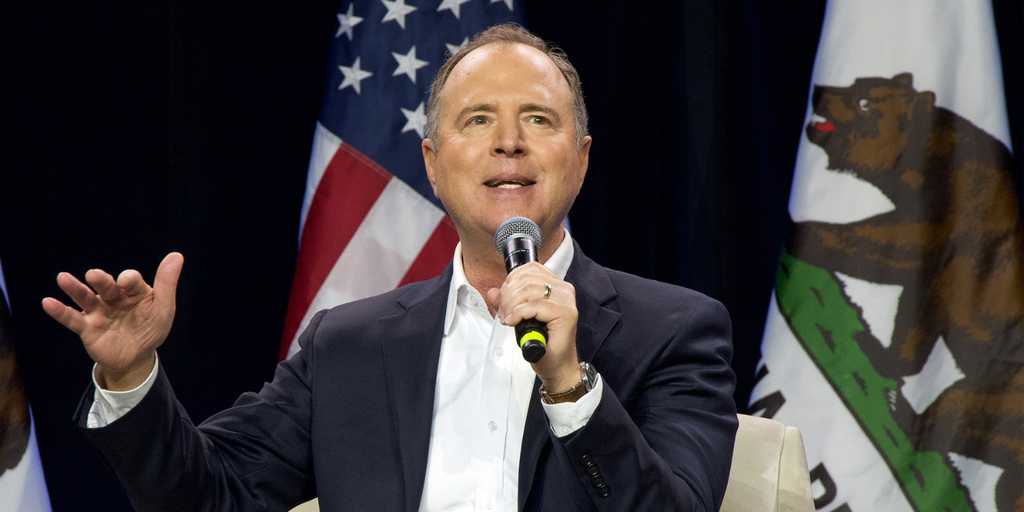Summary
TLDR: California congressman Adam Schiff has proposed the Generative AI Copyright Disclosure Act, which would require AI developers to disclose all copyrighted works used to train their systems. Failure to comply could result in a $5,000 civil penalty. The entertainment industry, including trade unions, supports the legislation to protect creators’ rights. The act aims to respect creativity in the age of AI and ensure fair compensation for creators.
Key Points
1. The Generative AI Copyright Disclosure Act proposed by California congressman Adam Schiff would require AI developers to disclose all copyrighted works used to train their systems to the U.S. Copyright Office before releasing a new version.
2. Failure to comply with the proposed law could result in a civil penalty of at least $5,000 for AI developers and third parties who modify the dataset. This penalty aims to ensure transparency and fair compensation for creators whose works contribute to AI training datasets.
3. Trade unions in the entertainment industry, including SAG-AFTRA and the Directors Guild of America, support the Generative AI Disclosure Act as a way to protect the intellectual property rights of filmmakers and the creative community. This legislation aims to balance technological progress with fairness and respect for creativity in the age of AI.


